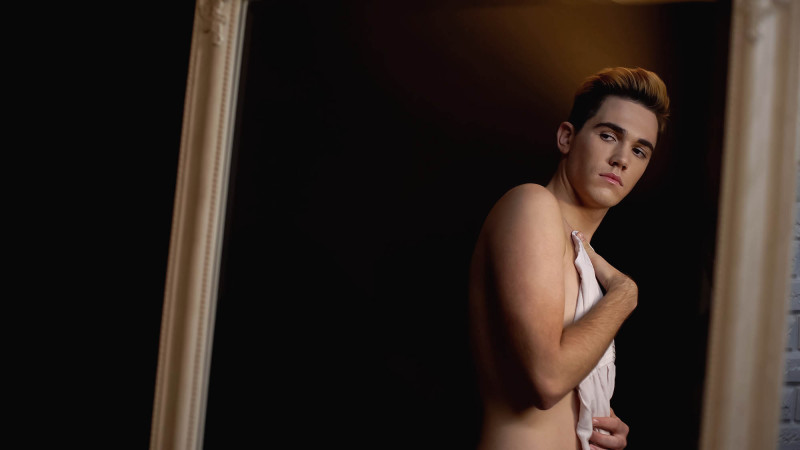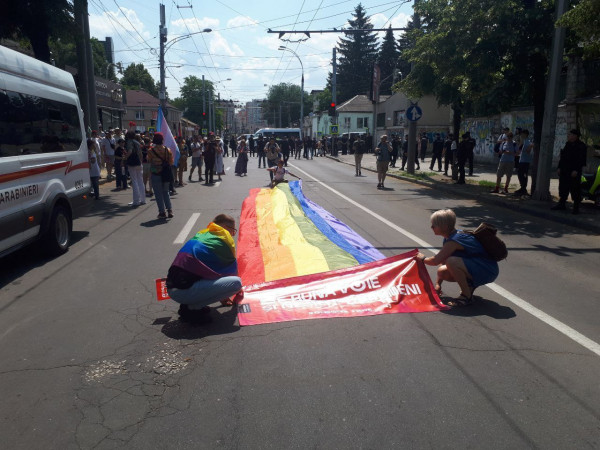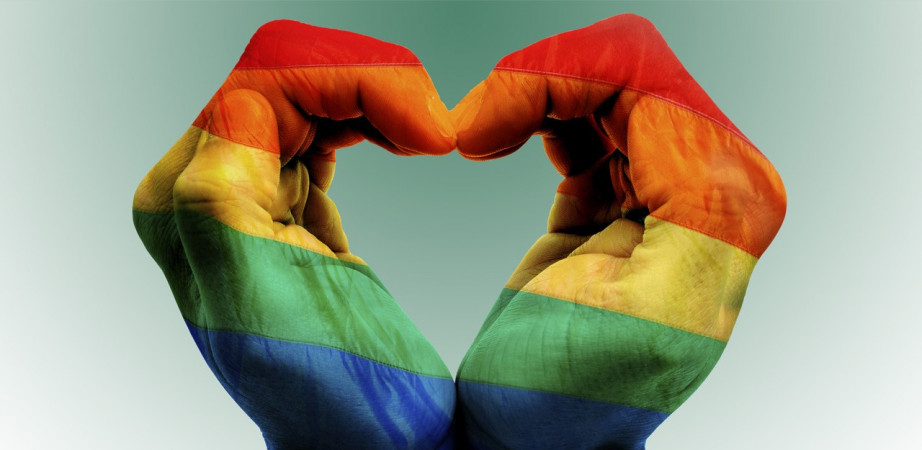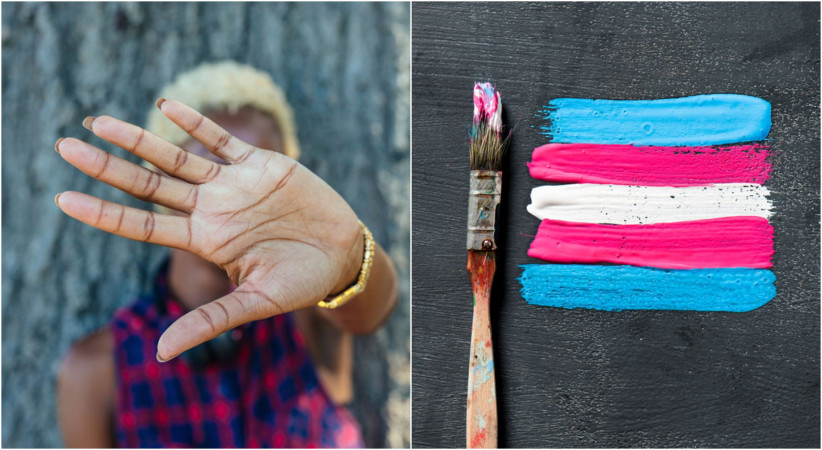No Pride in show-business
The last June was the 50th anniversary of Stonewall Uprising. As in the rest of the world, the celebration of the 50th anniversary of queer uprising was submerged by lots of disputes.
03/Jul/19
5375
No Pride in show-business
The last June was the 50th anniversary of Stonewall Uprising. As in the rest of the world, the celebration of the 50th anniversary of queer uprising was submerged by lots of disputes. The turning point of LGBTQ movement, particularly in the United States was Stonewall Uprising in 1969, which followed by sit-ins, rallies, protests and multi-day demonstrations. Many activist organizations formed after the iconic clashes between the police and queer people of Greenwich Village, including sex workers, travestities, and homeless people. The newly formed organizations were radical ones such as Gay Liberation Front, Street Travestite Action Revolutionaires. Despite the radical roots of Stonewall uprising, now state-sponsored institutions, businesses seize upon Pride season overlay the struggle established in opposition to police raids, structural violence and state power.
Many activist organizations formed after iconic clashes between the police and queer people of Greenwich Village, including sex workers, travesties, and homeless people
This June was pretty interesting for LGBTQ community in Azerbaijan too. A number of “stooge” allies has emerged to pay tribute to Pride month, many using Instagram, which has also been some sort of socially accepted Grindr for LGBTQ community. Recently, Minority Azerbaijan posted about the celebrities who “supported the community” by their Instagram posts. Each is more ridiculously menacing in regard to LGBTQ community: Roya Aykhan, who has became famous for her “emancipating” videos, Anar Aghakishiyev who shared his photo and said “I want everyone has colorful life as I do” and then denied being part of LGBTQ community by saying he works with colors because he is a stylist, Eldar Gasimov the winner of Eurovision 2012, shared his photo and said “love cannot be wrong” in description.
These events went viral on social media, as we live in a country which according to ILGA-Europe Rainbow Map is the worst in Europe for an LGBTQ person. Most of the people, including LGBTQ organizations shared those news as something revolutionary, overlaying the real revolutionary aspects of Stonewall events, which were unruly and ungovernable.
I do understand the importance of famous people tackling the LGBTQ issues, but why not to do it every time?! Specially, when the police were hunting trans community back in 2017 and April 2019?! As part of the business industry, show business is also about making money, and making money. It really does not matter, every step taken to support LBTQ community by people in any kind of business, aims to enter a market which has been marginalised throughout the years, and Pride month is always a great opportunity to “seize” those customers.
These events went viral on social media, as we live in a country which according to ILGA-Europe Rainbow Map is the worst in Europe for an LGBTQ person.
LGBTQ movement in Azerbaijan has been struggling for acceptance and tolerance by wider society. 2019 has been a year where a lot of cishet people support the community, work for community and become a part of the community. However, it is not their struggle, it is them who have been opposition of gay struggle in Azerbaijan, and the rest of the world.
Apparently, when you surf on social media, you can see lots of cishet feminists and activists are for LGBTQ acceptance, and organizing events on gay topic, when they delibaretly ignore the fact of being a barrier for community. Those activists and feminists are policing the situation, explaining the people their own gender, explaining what is right, what is wrong, and the more I do not remember.
Pride Month has passed. We are as under-resourced activists, and movement also should fight against the pink-washing and rainbow capitalism by show business, as well as stop being policed by feminists and LGBTQ activists. We have to find transformative change and move the topics of queer liberation from mainstream discussions into space of emancipation, towards to the legacy of Stonewall’s unruliness, ungovernableness, independence.
Author: Nijat Guliyev



